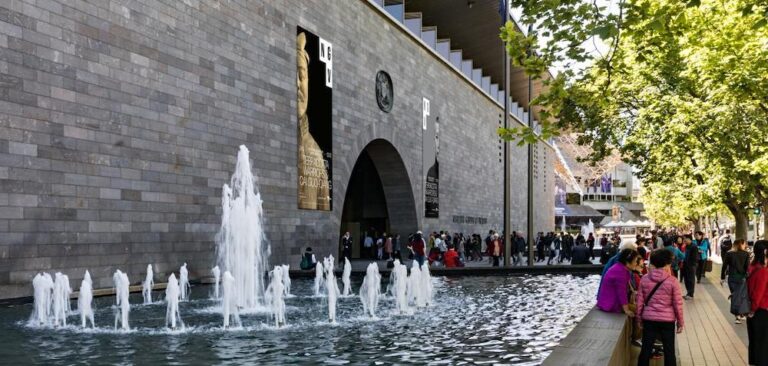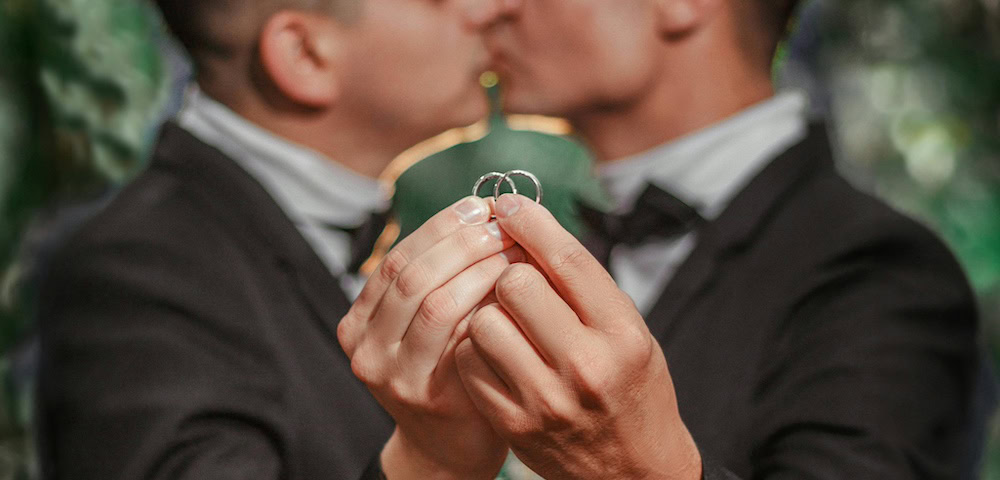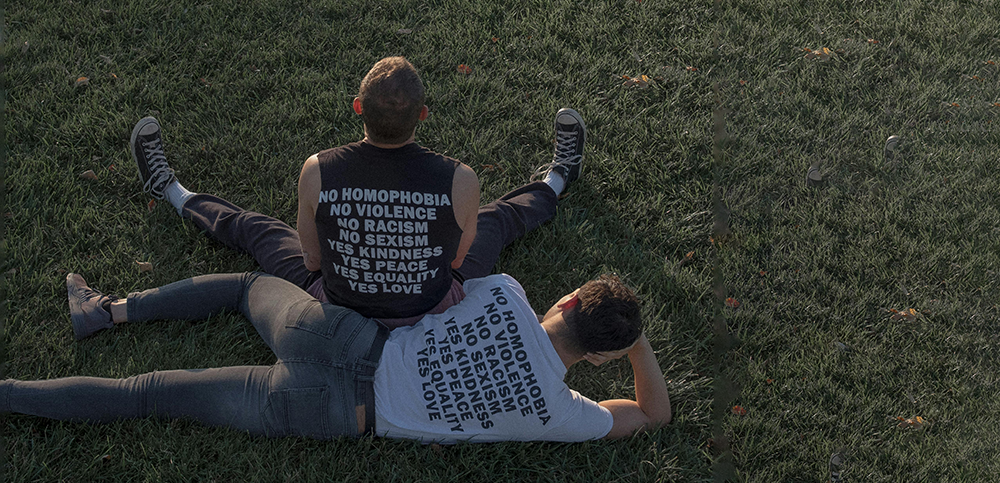

This week, the Star Observer‘s opinion pieces looks at the 2014 Federal Budget and how it impacts on the LGBTI community. Yesterday, we heard from National LGBTI Health Alliance executive director Rebecca Reynolds on at-risk groups caught in the dramatic changes to Centrelink. She returns today to raise questions about the almost $250 million spend on the school chaplaincy program.
_________
SHOULD we be worried about the impending changes to the school chaplaincy program that restricts workers to those endorsed by church communities?
Growing up in the regional areas of Western Australia as the daughter of an Anglican minister taught me a lot about the way people and communities see religion. Many church folk strongly affirm the values of human rights, dignity and respect of all members of our communities. But becoming a member of a religious institution, does not immediately homogenise the views and belief systems that are held. As I learned, not all subjects are up for debate.
And there is no homogenous character to “the church”. There are churches and religions within Australia that celebrate LGBTI peoples and communities in every aspect of church life. There are many that do not, they remain committed to their traditions and values about sexuality and gender that are at odds with Australian law and culture in 2014.
Without the option of secular support workers in schools, what values will the chaplains reflect? Will they reflect the full spectrum of the church’s teaching on sexuality and gender, or simply their own church’s values, or their own values even at odds with their church? And how will we know? Okay, values don’t exist in a vacuum, nothing is”‘values free”. But for young people questioning their place in the world, navigating new feelings and concepts, guidance provided free of condemnatory overtones is essential.
This is the heart and soul of harm-minimisation. It is also important to note that our government schools are supposed to be secular and imposing “Christian” ideals on a young person who is already vulnerable erodes this important characteristic of our democracy.
Writing Themselves in 3, tells us that “young people who are involved in religion in Australia are often forced to negotiate their sexuality within the confines of a belief system that threatens an eternity in ‘hell’ for the feelings they experience as unavoidable.” The impact of this, is often catastrophic. Increased rates of self-harm, drug and alcohol misuse and suicide are among the most significant impacts we can see, but with this comes an increased need for services outside of the school setting to assist with negative mental health outcomes and emotional wellbeing.
Within the context of providing guidance and support to the multitudes of young people within our complex and multidimensional world, a sole reliance on chaplains within a school setting to support the emotional wellbeing of students, schools and their communities is a tricky thing. Particularly when it comes to navigating conversations and pathways around sexuality, gender, equity and discrimination.
While there is still going to be this experience for some young people irrespective, removing the choice to provide non-religious support to our young people is a potentially life changing and life threatening mistake, and one that needs to be carefully put into place.










I think the idea of chaplains counselling troubled students is dangerous. They are not psychologists nor are they trained to deal with the sorts of problems they will be facing. The only possible reason they are there is to promote christianity, subtly perhaps, but nevertheless it’s to have a religious presence. Years ago I opposed the introduction of chaplaincy at a school I taught in. The chaplain who had come to give a speech on chaplaincy began her address with a prayer. I objected to her unwarranted assumption that everyone present was a christian and I had to leave the room so as not to be involved what I consider to be nonsense. The prayer exposed the chaplain’s ideological bias that would of course be transmitted to students too vulnerable to stand against it. I hate this insidious return of bronze age theistic beliefs back in to a modern, supposedly secular system. It is offensive, anachronistic and insulting, as well as potentially quite harmful to students.
This is the first calm and intellectual piece I have seen approaching the Chaplaincy program! The line has blurred considerably between opinion and objective journalism since everyone became a ‘news reporter’ and your ethical journalism is refreshing!